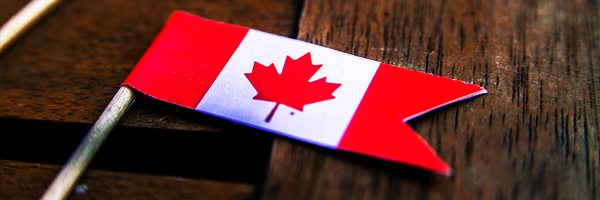“You came to Canada? To study history?!”
So what’s it like, switching from one university system to another? All universities are different, of course, and vary according to your degree. Yet studying History and Creative Writing at the University of British Columbia couldn’t be more different than the past two years I’ve spent at Warwick.
The midterms, endless little assignments and allocation of marks merely to attendance and participation are the first things that spring to mind. I’d like to help students (at least ones studying humanities and the arts) in Canada and the UK understand some of the differences between their experiences, how to negotiate the switch and, hopefully, to show how important and valuable a year studying abroad can be. In this respect there are several aspects of my experience I could write about, yet the one I find most important is exactly what it’s been like studying history in Canada.
People have tended to be slightly baffled when I tell them I’ve come to Canada, from the UK, to study history. When my parents told the Canadian border control what I was doing, they laughed. The country was only officially born in 1867, and British Columbia’s confederation happened four years later. What could possibly have happened in nearly one hundred and fifty years, compared to the Britain’s long, rich history of kings, queens and battles? I enrolled in a course specifically focusing on BC as a regional starting point, and if the ten-page class schedule is anything to go by – there’s plenty to be learned.
When my parents told the Canadian border control what I was doing, they laughed.
The course explores groups of people that don’t normally get a voice on survey courses (modules which take a broad look at a place and period in history, as opposed to one aspect of a place and period). This means the changing histories of sex trade workers, missionaries, people in resource industries, hobos, environmentalists and the local alternative press. Even children don’t usually get much of a look-in when it comes to the history most people know. I’ve already talked about the hidden stories of Aboriginal people, and read up by myself to remedy my woeful lack of knowledge in this respect (I didn’t even know First Nations people still lived on reserves, or experienced such a high level of racism and discrimination).
History is rarely measured in years that pass; it’s the number and sheer variety of stories. Every person who has ever lived has had a different experience, and the thrill of studying what I do is reading the letters, oral accounts, journals and even literary work that they left behind. This course on British Columbian history spans the whole year, as opposed to half like most courses here, and the best thing about it is identifying how the core components of the human experience intersect and create people and places. Factors like class, gender, age, race, social status, sexuality and standard of health weave together to construct identity; they shift and change according to time and place and affect how successful and happy a person is. That’s history, to me, and can be explored over 150 years, 3,000 or even 20.
Every person who has ever lived has had a different experience, and the thrill of studying what I do is reading the letters, oral accounts, journals and even literary work that they left behind.
That may be due to a greater consideration of intersectionality. I barely knew what the term meant before I came here: it basically explains the diversity of experience and specifically, layers of oppression. My spell check didn’t recognise it, yet it’s essential to history. At Warwick, of course I studied women’s history and talked about the implications of race in different periods and places in history, but it’s never been identified as intersectionality.
Is this just at one university? Possibly, but it’s unlikely. Since social history and the history of gender only truly began to be explored and taught in Britain in the 1970s, we can see some progress has been made – but there’s still more that can be done. I travelled halfway across the world to gain a different worldview and learnt more about intersectionality and in two months than two years; and that’s because I was lucky enough to find great Gender Studies and History courses over here.
I think concepts such as these should be taught in the first lectures of a history course. Or perhaps a shift towards the broader North American curriculum is needed in history and beyond, in which students encounter different subjects and courses in their first year or two.
[divider]
Photo: flickr/andreasivarsson

Comments